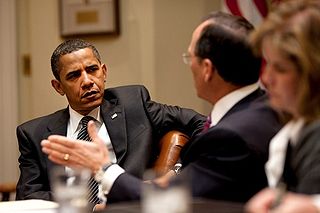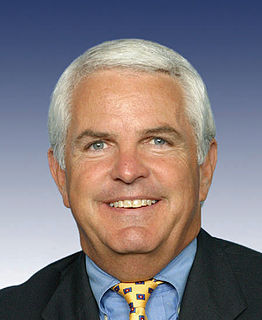A Quote by Atul Gawande
Health care confronts us with a difficult test. We have never corrected failure in something so deeply embedded in people's lives and in the economy without the pressure of an outright crisis.
Related Quotes
One of the reasons I've been interested in the US health care is that here is something you can do, that could lift one of the largest burdens of worry from the shoulders of tens of millions of people for whom the rest of the economy isn't working. A lot of the things that are in Obamacare that Republicans don't like were deliberately put there to force Republicans to negotiate. Republicans wouldn't negotiate, so we got Obamacare with all of the fur on it. Once it's there, of course, it's very hard to take health care benefits away from people, as the Republicans discovered.
Although a government study found that men's health was much worse than women's health or the health of any minority group, headlines around the country read: 'Minorities Face Large Health Care Gap.' They did not say: 'Men Face Large Health Care Gap.' Why? Because we associate the sacrifice of men's lives with the saving of the rest of us, and this association leads us to carry in our unconscious an incentive not to care about men living longer.
The Affordable Care Act is a huge problem. [Repealing the ACA is] going to have huge implications. We have millennials that live in Boston that are on their parents' health insurance. The businesses have hired them and have been able to hire more people because they have been able to be on their own health insurance. We have seniors in our city who have preexisting conditions, or something called a "donut hole," which is a prescription drug [gap] in Medicare. Whatever changes they make could have detrimental effects on people's health care, but also on the economy.
We are unique among advanced countries that we don't have universal health care. My hope was that I was able to get a hundred percent of people health care while I was president. We didn't quite achieve that, but we were able to get 20 million people health care who didn't have it before. And obviously some of the progress we made is now imperiled because there's still a significant debate taking place in the United States. For those 20 million people, their lives have been better.
If you try to avoid every instance of peer pressure you will end up without any peers whatsoever, and the trick is to succumb to enough pressure that you do not drive your peers away, but not so much that you end up in a situation in which you are dead or otherwise uncomfortable. This is a difficult trick, and most people never master it, and end up dead or uncomfortable at least once during their lives.




































